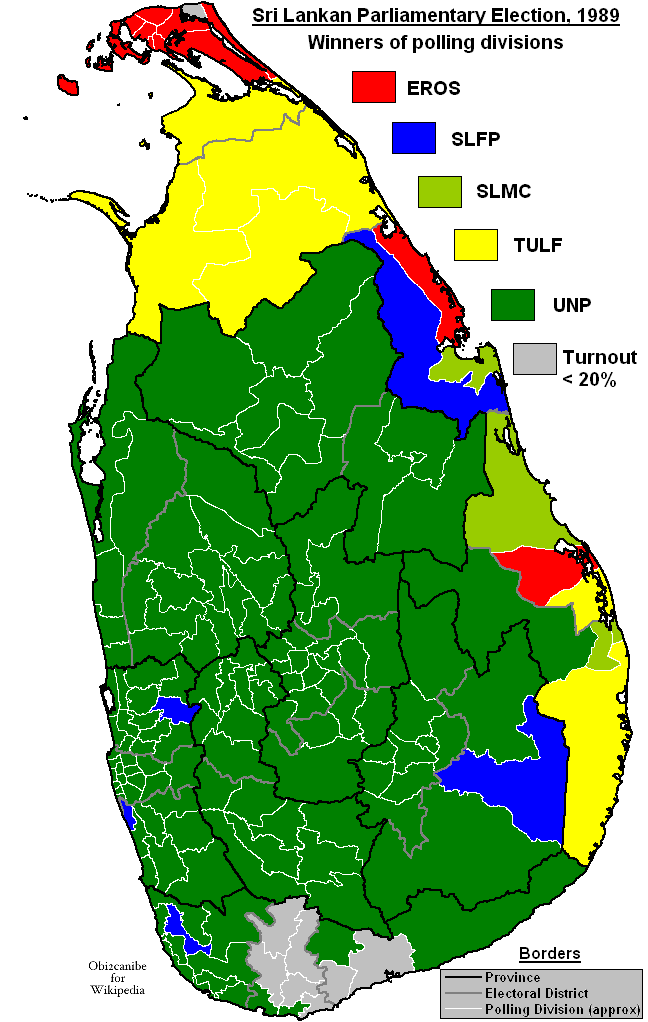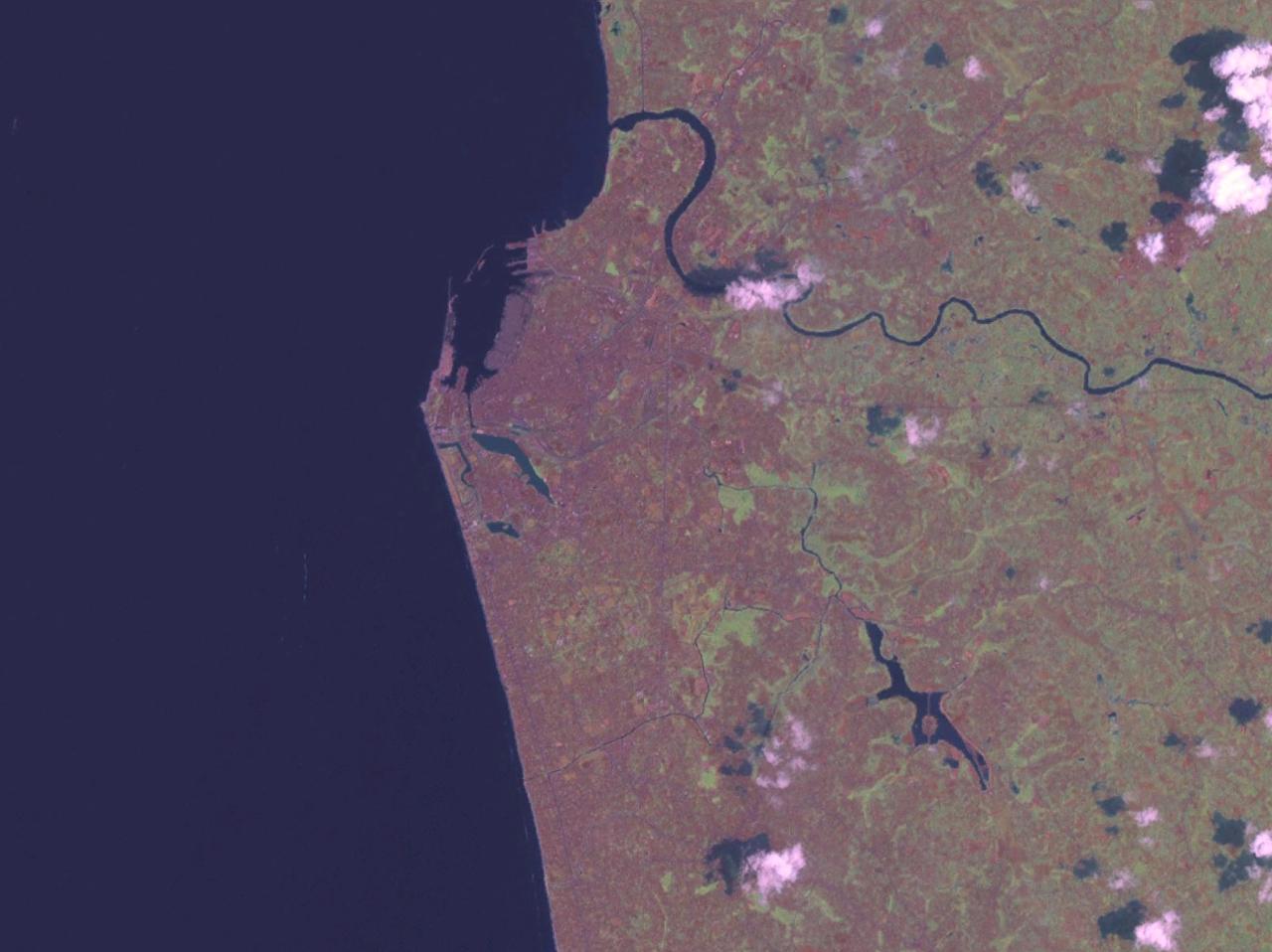|
Jinadasa Niyathapala
Polthutuwe Arachchige Jinadasa Niyathapala ( si, පොල්තුටුවේ ආරච්චිගේ ජිනදාස නියතපාල) (11 April 1929 – 29 January 2018) was a Sri Lankan politician and a former member and Senator of the Parliament of Sri Lanka and former General Secretary of the United National Party. A section of the Nawala Road was renamed as the Jinadasa Niyathapala Mawatha in recognition of services rendered by Niyathapala to Sri Jayawardenepura Kotte. Early life and career Born in Ratnapura in the year 1929 and then having completed his education at Thurstan College, Jinadasa Niyathapala ventured in to journalism by having started as a freelance journalist and then becoming the founder and Editor-in-Chief of the Siyarata ( si, සියරට), Dinapatha ( si, දිනපතා), Dasadesa ( si, දසදෙස), Yukthiya ( si, යුක්තිය), Siyapatha ( si, සියපත) (Daily), Parwe ( ta, பார்வே), Ceylon Guardian (En ... [...More Info...] [...Related Items...] OR: [Wikipedia] [Google] [Baidu] |
The Honourable
''The Honourable'' (British English) or ''The Honorable'' (American English; see spelling differences) (abbreviation: ''Hon.'', ''Hon'ble'', or variations) is an honorific style that is used as a prefix before the names or titles of certain people, usually with official governmental or diplomatic positions. Use by governments International diplomacy In international diplomatic relations, representatives of foreign states are often styled as ''The Honourable''. Deputy chiefs of mission, , consuls-general and consuls are always given the style. All heads of consular posts, whether they are honorary or career postholders, are accorded the style according to the State Department of the United States. However, the style ''Excellency'' instead of ''The Honourable'' is used for ambassadors and high commissioners. Africa The Congo In the Democratic Republic of the Congo, the prefix 'Honourable' or 'Hon.' is used for members of both chambers of the Parliament of the Democratic Repu ... [...More Info...] [...Related Items...] OR: [Wikipedia] [Google] [Baidu] |
March 1960 Ceylonese Parliamentary Election
Parliamentary elections were held in Ceylon on 19 March 1960. Background By 1960, Ceylon's governing Mahajana Eksath Peramuna (MEP) coalition was falling apart. The Marxist parties that were junior partners of the coalition had broken with the dominant Sri Lanka Freedom Party over the issue of paddy lands. The Marxist Viplavakari Lanka Sama Samaja Party formed a new party that took the name MEP. The SLFP itself had been torn by an internal power struggle since the death of its leader, S. W. R. D. Bandaranaike, the previous year. Both the United National Party and the SLFP campaigned on a strongly anti-Tamil line, promising to repatriate the estate Tamils to India, and implement the Sinhala Only Act. Results Dudley Senanayake and the UNP obtained a plurality of seats, but without a majority could not form a stable government. This led to the July 1960 elections. [...More Info...] [...Related Items...] OR: [Wikipedia] [Google] [Baidu] |
Members Of The Senate Of Ceylon
Member may refer to: * Military jury, referred to as "Members" in military jargon * Element (mathematics), an object that belongs to a mathematical set * In object-oriented programming, a member of a class ** Field (computer science), entries in a database ** Member variable, a variable that is associated with a specific object * Limb (anatomy), an appendage of the human or animal body ** Euphemism for penis * Structural component of a truss, connected by nodes * User (computing), a person making use of a computing service, especially on the Internet * Member (geology), a component of a geological formation * Member of parliament * The Members, a British punk rock band * Meronymy, a semantic relationship in linguistics * Church membership, belonging to a local Christian congregation, a Christian denomination and the universal Church * Member, a participant in a club or learned society A learned society (; also learned academy, scholarly society, or academic association) is an ... [...More Info...] [...Related Items...] OR: [Wikipedia] [Google] [Baidu] |
2018 Deaths
This is a list of deaths of notable people, organised by year. New deaths articles are added to their respective month (e.g., Deaths in ) and then linked here. 2022 2021 2020 2019 2018 2017 2016 2015 2014 2013 2012 2011 2010 2009 2008 2007 2006 2005 2004 2003 2002 2001 2000 1999 1998 1997 1996 1995 1994 1993 1992 1991 1990 1989 1988 1987 See also * Lists of deaths by day The following pages, corresponding to the Gregorian calendar, list the historical events, births, deaths, and holidays and observances of the specified day of the year: Footnotes See also * Leap year * List of calendars * List of non-standard ... * Deaths by year {{DEFAULTSORT:deaths by year ... [...More Info...] [...Related Items...] OR: [Wikipedia] [Google] [Baidu] |
1929 Births
Nineteen or 19 may refer to: * 19 (number), the natural number following 18 and preceding 20 * one of the years 19 BC, AD 19, 1919, 2019 Films * ''19'' (film), a 2001 Japanese film * ''Nineteen'' (film), a 1987 science fiction film Music * 19 (band), a Japanese pop music duo Albums * ''19'' (Adele album), 2008 * ''19'', a 2003 album by Alsou * ''19'', a 2006 album by Evan Yo * ''19'', a 2018 album by MHD * ''19'', one half of the double album ''63/19'' by Kool A.D. * ''Number Nineteen'', a 1971 album by American jazz pianist Mal Waldron * ''XIX'' (EP), a 2019 EP by 1the9 Songs * "19" (song), a 1985 song by British musician Paul Hardcastle. * "Nineteen", a song by Bad4Good from the 1992 album '' Refugee'' * "Nineteen", a song by Karma to Burn from the 2001 album ''Almost Heathen''. * "Nineteen" (song), a 2007 song by American singer Billy Ray Cyrus. * "Nineteen", a song by Tegan and Sara from the 2007 album '' The Con''. * "XIX" (song), a 2014 song by Slip ... [...More Info...] [...Related Items...] OR: [Wikipedia] [Google] [Baidu] |
9th Sri Lankan Parliament
The 9th Parliament of Sri Lanka was a meeting of the Parliament of Sri Lanka, with the membership determined by the results of the 1989 parliamentary election held on 15 February 1989. The parliament met for the first time on 9 March 1989 and was dissolved on 24 June 1994. Election The 9th parliamentary election was held on 15 February 1989. The incumbent United National Party (UNP) retained control of parliament by winning 125 of the 225 seats. The Sri Lanka Freedom Party (SLFP), the main opposition party, won 67 seats. The Eelam Revolutionary Organisation of Students (EROS), a Tamil militant group, won 13 seats contesting as independent groups whilst an alliance of Tamil parties ( TULF/ ENDLF/ EPRLF/ TELO) won 10 seats. Smaller parties won the remaining 10 seats. Results The new parliament was sworn in on 9 March 1989. M. H. Mohamed was elected Speaker, Gamini Fonseka was elected Deputy Speaker and Ariya B. Rekawa was elected Deputy Chairman of Committees. Governmen ... [...More Info...] [...Related Items...] OR: [Wikipedia] [Google] [Baidu] |
Sri Jayawardenepura Kotte Municipal Council
The Sri Jayawardenepura Kotte Municipal Council is the local council for Sri Jayawardenepura Kotte, the administrative city of Sri Lanka. The council was first formed as Kotte Urban Development Council which was established in the 1930s and the council became Sri Jayawardenepura Kotte Municipal Council in 1997, Chandra Silva was elected as the first mayor. Sri Jayawardenepura Kotte Municipal Council area is bounded by the Kolonnawa Urban Council to the North, the Kotikawatta – Mulleriyawa Pradeshiya Sabha to the North East, Kaduwela Municipal Council to the East, Maharagama Urban Council to the South East, Dehiwala-Mount Lavinia Municipal Council to the South West, and Colombo Municipal Council to the West. Municipal structure The Kotte Urban Development Council was created in the 1930s, with a modern building at Rajagiriya. It was succeeded by the Kotte Urban Council, which had a large section of its area removed and tagged onto the Colombo Municipal Council ward of B ... [...More Info...] [...Related Items...] OR: [Wikipedia] [Google] [Baidu] |
Opposition Leader
The Leader of the Opposition is a title traditionally held by the leader of the largest political party not in government, typical in countries utilizing the parliamentary system form of government. The leader of the opposition is typically seen as an alternative prime minister, premier, first minister, or chief minister to the incumbent; in the Westminster system, they head a rival alternative government known as the shadow cabinet or opposition front bench. The same term is also used to refer to the leader of the largest political party that is not in government in subnational state, provincial, and other regional and local legislatures. In many Commonwealth realms, the full title for the Leader of the Opposition is the ''Leader of His Majesty's Most Loyal Opposition''. Current leaders of the opposition Parliamentary systems * Leader of the Opposition (Albania) (unofficial position) * Leader of the Opposition (Cambodia) * Leader of the Opposition (Comoros) * Leader of ... [...More Info...] [...Related Items...] OR: [Wikipedia] [Google] [Baidu] |
Ananda Tissa De Alwis
Maha Amarasinghege Anandatissa de Alwis (21 August 1919 – 22 August 1996) was a Sri Lankan journalist, marketer and politician. He was the Speaker of the National State Assembly, a Minister of State and the fourth Governor of the North Western Province of Sri Lanka. Early career De Alwis started his career as a journalist, serving as a war-time reporter. Later he served as private secretary to Sir John Kotelawala. He thereafter moved into advertising, working as a copy writer with Reggie Candappa at Grant McCann Erickson. He then left Grants to join J. Walter Thompson. He left J. Walter Thompson in 1965, to take up the post of Permanent Secretary to the Ministry of State, under J. R. Jayewardene who was the Minister of State. De Alwis was the first permanent secretary appointed from the private sector. In 1970, when the United National Party was defeated, De Alwis resigned as permanent secretary and established his own advertising company, ''De Alwis Advertising Co ... [...More Info...] [...Related Items...] OR: [Wikipedia] [Google] [Baidu] |
1977 Sri Lankan Parliamentary Election
Parliamentary elections were held in Sri Lanka on 21 July 1977. The result was a landslide victory for the United National Party, which won 140 of the 168 seats in the National State Assembly. Background Prime Minister Sirimavo Bandaranaike had become extraordinarily unpopular. Her economic policies had led to industrial growth and self-reliance, but were insufficient to overcome unemployment. Constitutionally, she had taken advantage of the 1972 constitution to delay the election until 1977, instead of 1975 as would have been the case under the old Soulbury constitution. The government's strong Sinhala nationalist stance had led to unrest in the Tamil north; in response, an island-wide state of emergency was imposed, causing hardship to many people. The UF coalition Bandaranaike had built for the 1970 elections had disintegrated. By contrast, the United National Party had made a surprising comeback since its 1970 humiliation. Under the leadership of J.R. Jayewardene it ... [...More Info...] [...Related Items...] OR: [Wikipedia] [Google] [Baidu] |
1970 Ceylonese Parliamentary Election
Parliamentary elections were held in Ceylon in 1970. Background SLFP leader Sirimavo Bandaranaike had come to the conclusion that her party's best hope of power was forming a permanent alliance with Ceylon's Marxist parties. She assembled the SLFP, the Trotskyist LSSP, and the Communists into the United Front coalition. The UF's platform was called the ''Common Programme''; it featured extensive nationalization, a non-aligned foreign policy, expanded social programmes, and replacement of the British-imposed, monarchical Soulbury constitution with a republican constitution. The UNP government of Dudley Senanayake had not made much headway with Ceylon's twin problems of inflation and unemployment, nor had it attempted solving the linked problems of feudal property relations and adverse terms of trade by agrarian reform and industrialisation. The UNP had become widely perceived as a party of the rich, out of touch with the concerns of ordinary people. The UF's socialist platfor ... [...More Info...] [...Related Items...] OR: [Wikipedia] [Google] [Baidu] |
.jpg)


.jpg)
_(Hon.Sirimavo_Bandaranaike_with_Hon.Lalith_Athulathmudali_Crop).jpg)